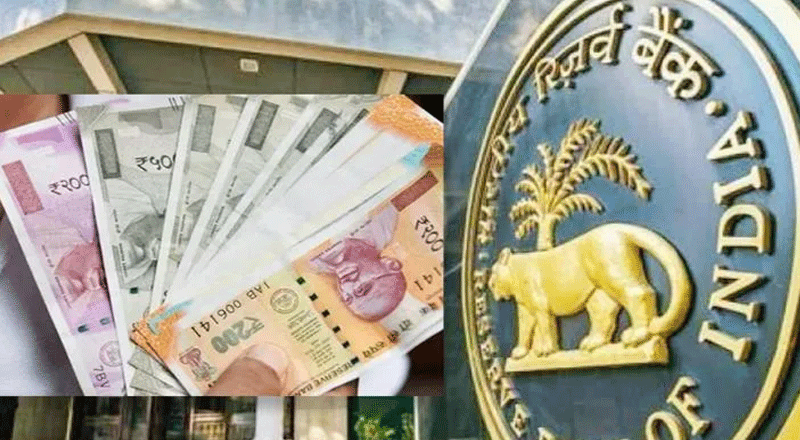New directions from Reserve Bank of India (RBI) making bulk clearing facility available round the clock and raising interchange fees have come into effect from August 1, Sunday. The changes will affect a wide range of financial transactions, including salary and pension payments, EMIs and ATM withdrawals.
The new rates were increased to ₹17 from ₹15. Meanwhile, interchange fee for non-financial transactions will now be ₹6 instead of ₹5. Under the new rules, customers can conduct five free transactions, both financial and non-financial, from ATMs of their banks. For other banks, they will be allowed to make three transactions for free in metro centres and five transactions without charges in non-metro centres.
Beyond the free transactions limit, bank can charge the customer up to ₹20 per transaction. RBI has said that lenders will be allowed to increase customer charges to ₹21 per transaction, “to compensate the banks for the higher interchange fee and given the general escalation in costs”, from January 1, 2022.
These charges will also apply to cash recycler machines, other than for cash deposit transactions.
An interchange fee is a fee charged by banks to the merchant who processes a credit card or debit card payment.
New RBI rules pertaining to National Automated Clearing House (NACH) being made available round-the-clock on all days of the week have also come into effect from today.
NACH is a bulk payment system operated by the National Payments Corporation of India (NPCI) used for one-to-many credit transfers. This includes activities such as payment of salary, pension, dividend and interest. It also facilitates collection of payments related to EMI instalments towards loans, insurance premium, utility bills for electricity, gas, telephone, and water, and investments in mutual funds.





